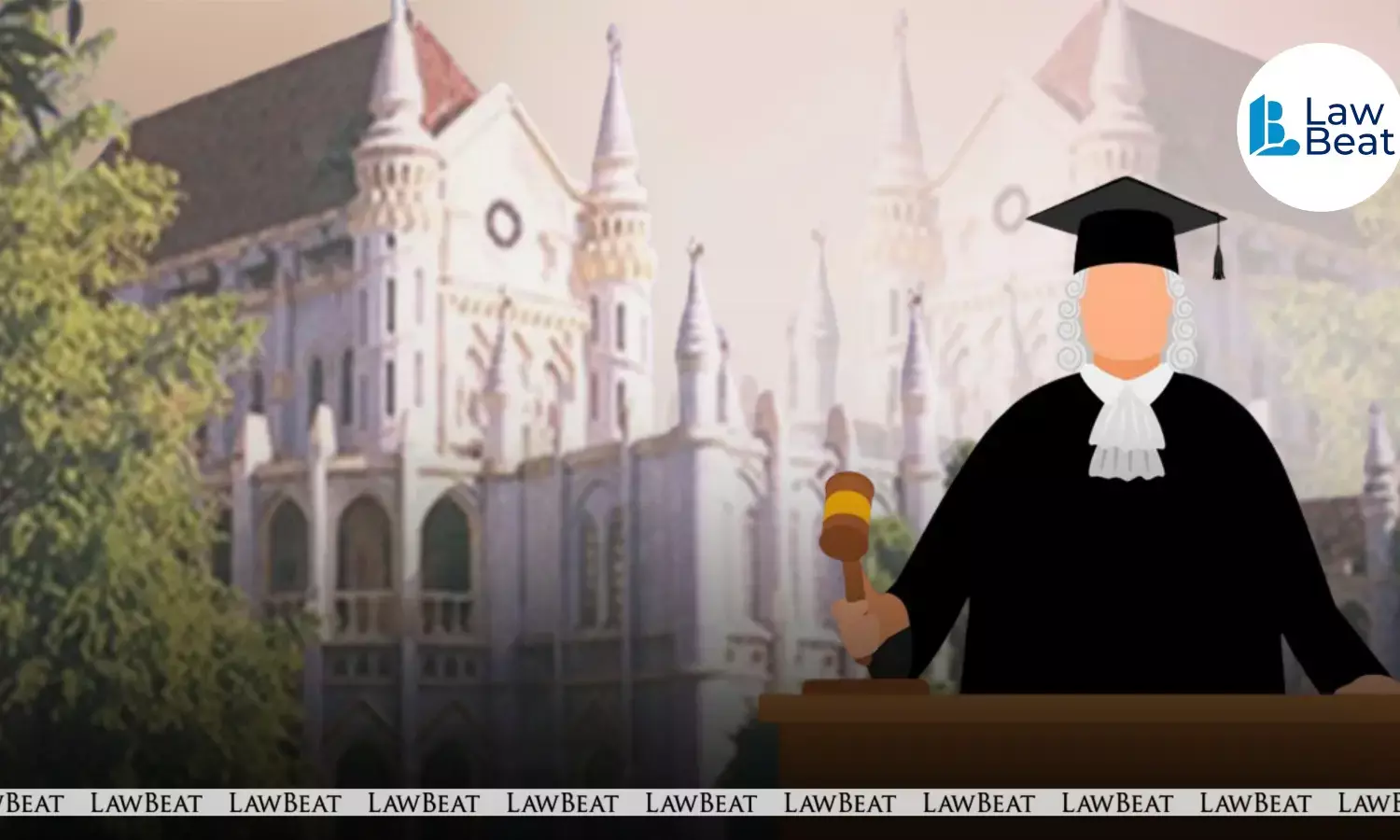Madhya Pradesh HC Acts Suo Motu Against Own Judge to Safeguard Judicial Discipline

MP High Court Flags Improper Remarks by Single Bench Against Trial Judge
The Madhya Pradesh High Court at Jabalpur has initiated suo-motu proceedings after a Single Bench at Gwalior passed adverse personal remarks against a judicial officer in bail matters.
The Division Bench comprising Justice Atul Sreedharan and Justice Pradeep Mittal, by order dated September 22, 2025, directed that the matter be placed before the Supreme Court through a Special Leave Petition, emphasizing the duty of constitutional courts to maintain judicial discipline and protect the independence of the district judiciary.
The proceedings arose out of two bail applications, M.Cr.C. No. 27465/2025 (Roop Singh Parihar v. State of Madhya Pradesh) and M.Cr.C. No. 28265/2025 (Imratlal v. State of Madhya Pradesh), arising from Crime No. 375/2024 registered at Police Station Kotwali, District Shivpuri.
The offences included cheating, criminal breach of trust, forgery, conspiracy, and offences under the Prevention of Corruption Act. Both applications were bail pleas and were dismissed by the Single Bench on September 12, 2025.
The controversy emerged from paragraph 12 of the Single Bench's order, where remarks were made against the 1st Additional Sessions Judge, Shivpuri, who had earlier discharged the accused Roop Singh Parihar from certain offences and framed charge only under Section 406 IPC.
The Single Bench not only directed that the order be sent to the Vigilance Principal Registrar for inquiry but also stated that the trial judge appeared to have acted with ulterior motive to give undue advantage to the accused.
The Division Bench observed that the Single Bench's direction was “chilling” as it not only concluded that the trial judge had given undue advantage to the accused but also went so far as to speculate ulterior motives, in clear violation of the Top Court's consistent directions against making such personal remarks in judicial orders.
"The aforesaid direction is chilling. Firstly, it concludes that the order of discharge passed by the Ld. 1st ADSJ was to 'give undue advantage' to the accused and secondly, it speculates ulterior motive on the part of the Ld. 1st ADSJ by observing '..it appears that 1st Additional Sessions Judge has ulterior motives'. This unfortunately was absolutely uncalled for and a violation of the Hon'ble Supreme Court’s consistent direction to the High Court to desist from such observations in judicial orders", the Court noted.
In support, the Bench placed reliance on Sonu Agnihotri v. Chandra Shekhar and Ors., 2024 INSC 888, where the Supreme Court held that superior courts can expunge uncalled for remarks and while errors in orders may be strongly criticised, personal aspersions on judges should be avoided. The Top Court had emphasized that criticism must remain confined to the impugned order, as personal strictures cause prejudice and embarrassment to judicial officers and erode judicial independence.
The High Court underlined its dual role under Articles 227 and 235 of the Constitution; while exercising superintendence over the district judiciary, it must correct errors but also act as the guardian of the same. The order stated that constitutional courts must ensure that district judges function fearlessly without their independence being weakened by unwarranted observations from superior courts.
The Bench clarified that since the impugned remarks were passed in bail proceedings, they were not appealable before the same High Court. Although earlier Division Benches have treated such cases as falling under Article 226 jurisdiction to allow writ appeals, the present Bench expressed caution in adopting that route. It noted that extraordinary jurisdiction under Article 226 or inherent jurisdiction under Section 482 CrPC must be exercised consciously and not presumed merely because a court exceeded its discretion.
Holding that judicial discipline prevented it from interfering with the Single Bench's orders, the Division Bench directed the Registrar General to initiate a Special Leave Petition before the Supreme Court within ten days. The matter has been listed for further orders on October 6, 2025.
The case highlights the constitutional duty of High Courts to balance judicial accountability with judicial independence. By stepping in suo motu, the Division Bench reinforced that while superior courts can review and set aside erroneous orders, they must avoid casting aspersions on individual judges.
The order underscores that the protection of the dignity and independence of the judiciary is as much a constitutional mandate as ensuring correction of judicial errors.
Case Title: Court on its Own Motion v. High Court of Madhya Pradesh through Registrar General
Bench: Justice Atul Sreedharan and Justice Pradeep Mittal
Date of Order: September 22, 2025
